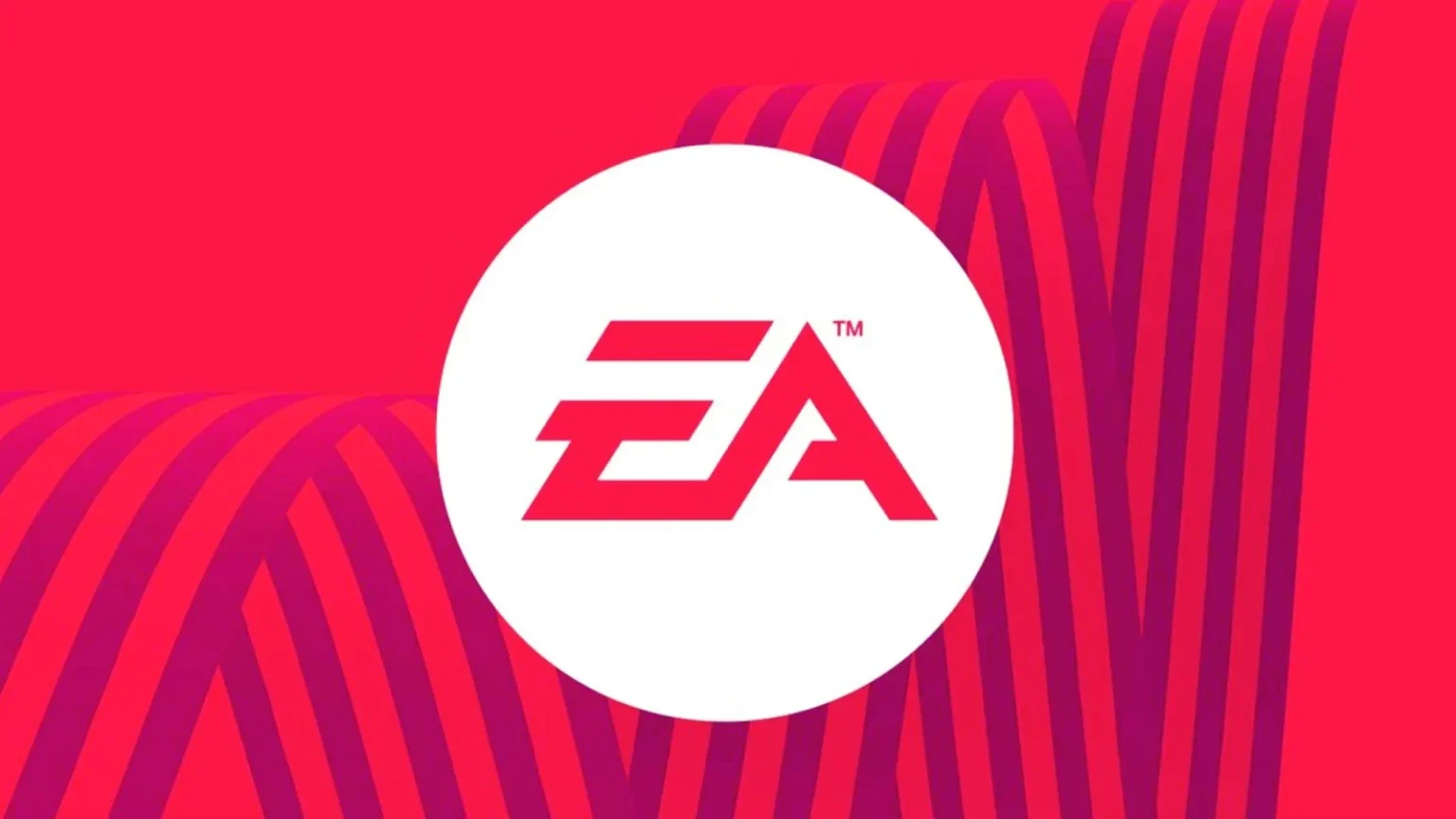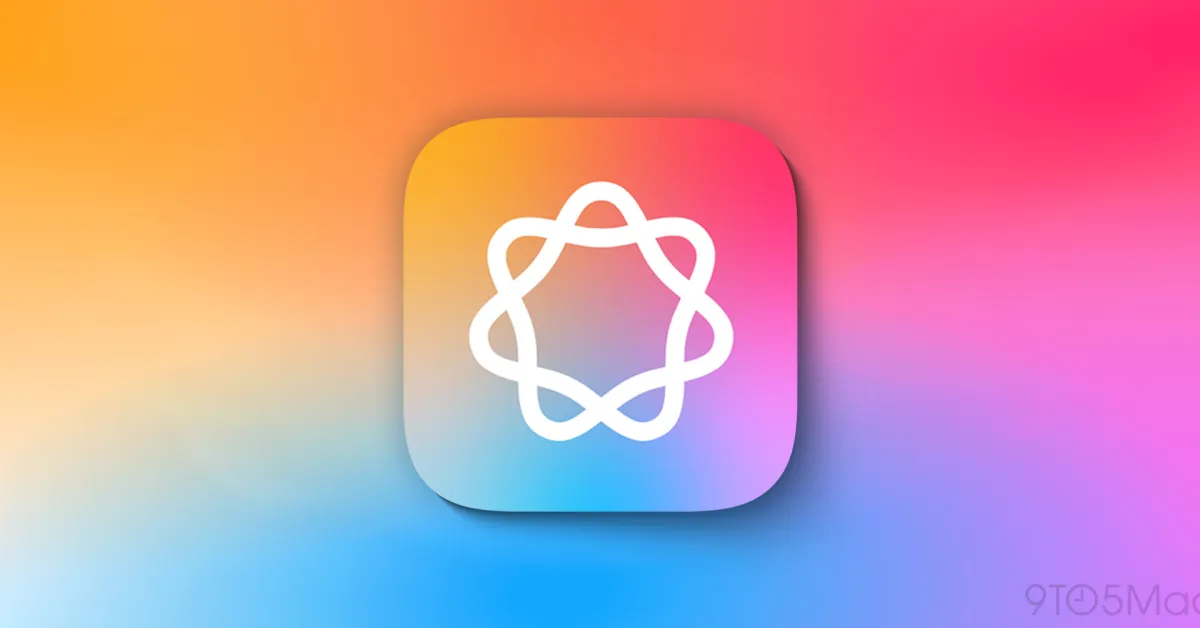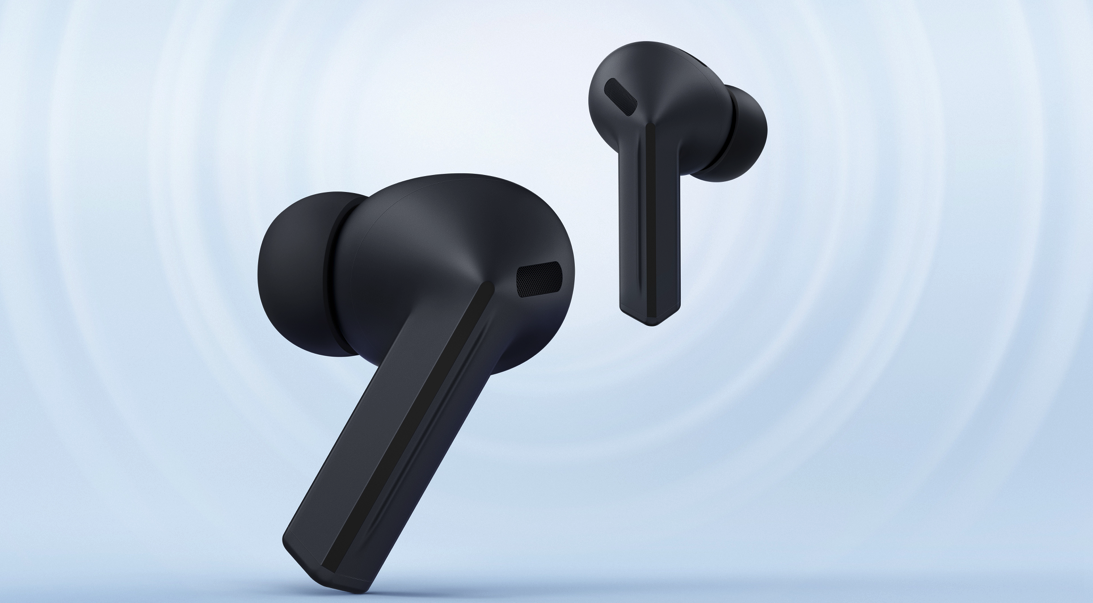Electronic Arts may be heading into one of the biggest shakeups in gaming history. Reports suggest the publisher is in advanced talks on a roughly $50 billion deal to go private, backed by Saudi Arabia’s Public Investment Fund (PIF), private equity firm Silver Lake, and Affinity Partners.
The potential buyout would be structured as a leveraged deal, with debt financing reportedly arranged by JPMorgan. If it closes, it would rank among the largest transactions ever in tech and gaming. EA’s stock jumped on the news, reflecting investor belief that an announcement could land soon, though no agreement has been finalized.
For PIF, the move would align with its growing footprint in gaming through Savvy Games Group, part of Saudi Arabia’s broader Vision 2030 plan to diversify beyond oil. Savvy has already poured billions into publisher stakes, esports infrastructure, and global gaming events. Owning a giant like EA would cement Saudi influence over one of the world’s most valuable gaming ecosystems.
EA itself is an attractive target for private buyers. Its sports franchises—EA Sports FC, Madden NFL, and FIFA predecessors—deliver predictable annual revenues through live-service modes, packs, and subscriptions. Add in Apex Legends, The Sims, and Battlefield, and you get a catalogue with both global reach and steady cash flow. That consistency makes EA particularly appealing at a time when the broader games industry faces uneven launches and shifting consumer habits.
For players, any immediate changes to franchises like EA Sports FC 26 or Madden are unlikely. Live services and existing pipelines will continue, with adjustments—pricing, event strategy, or content cadence—likely happening gradually if new ownership seeks to retool EA away from quarterly earnings pressure.
If completed, the $50bn buyout wouldn’t just be a financial milestone—it would reshape the balance of power in global gaming, placing one of the largest publishers under a consortium heavily influenced by Saudi Arabia’s investment strategy.







